An oil cooler is a mechanical device that removes surplus heat energy from an internal combustion engine through a heat exchanger. This component is utilized for cooling many mechanical parts using oil. These parts include the transmission system, engine, and more. Read More…
Enerquip is your trusted shell and tube heat exchanger partner. Our in-house, thermal design engineers and ASME welders and fabricators can design and build custom engineered solutions for your company’s specific needs. Our experience and expertise have earned us a preferred supplier status with leading companies in the pharmaceutical, food and beverage, cannabis, personal care, chemical,...
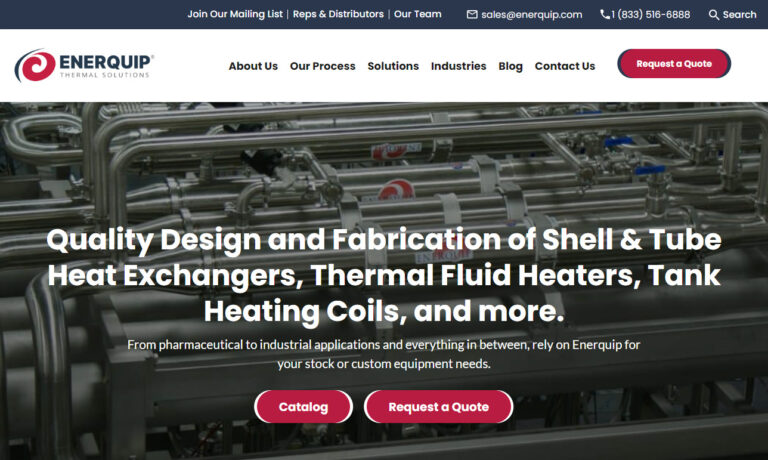
Mason Manufacturing is a custom fabricator of shell and tube heat exchangers, ASME pressure vessels, columns, and tanks. Located in Decatur, Illinois, Mason has over 60 years of experience providing customers with custom fabricated vessels that conform to customer specifications, applicable codes, accepted industry standards and that are consistently shipped on time with competitive pricing....
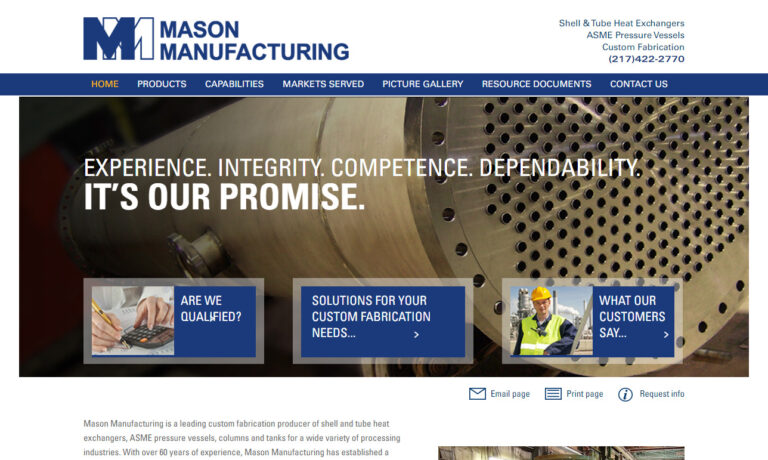
At Tech Fab, we specialize in providing comprehensive solutions for heat exchangers, tailored to meet the diverse needs of our valued clientele. With decades of experience and expertise in the fabrication industry, we have established ourselves as a trusted leader, known for our unwavering commitment to quality, innovation, and customer satisfaction. Our product offerings encompass a wide range...
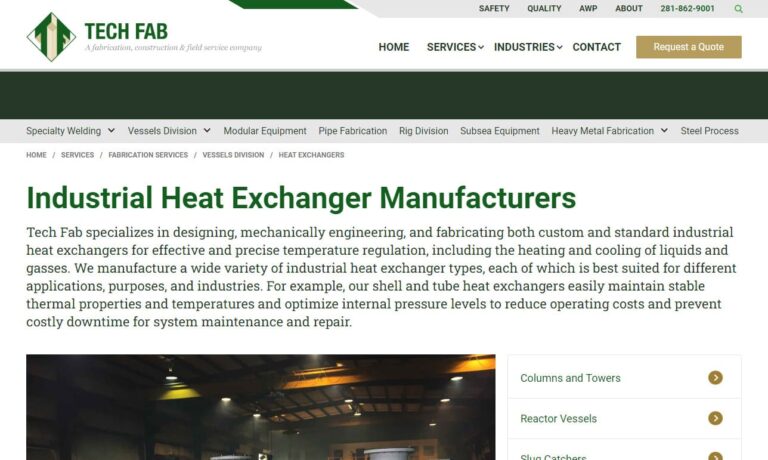
Since 1983, we have been providing quality heat transfer products for a wide variety of applications. We repair, rebuild or manufacture heat exchangers, tube heat exchangers, shell heat exchangers and double-wall heat exchangers. Electronics, hospitals and housing industries depend on us.
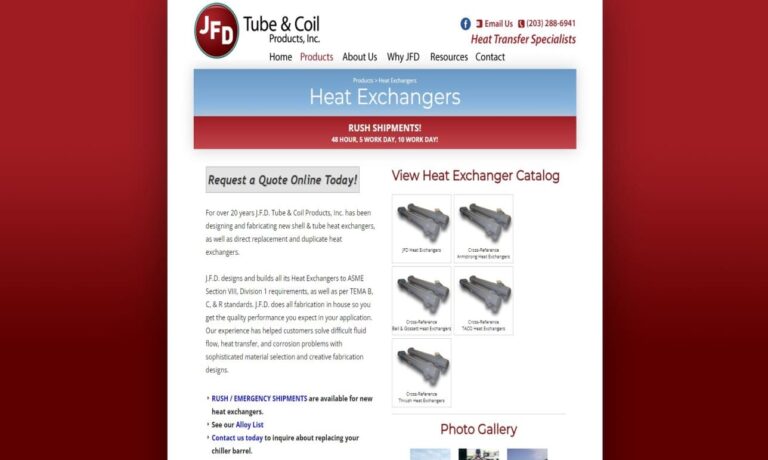
Since 1930 we have been a leader in providing control solutions and process equipment at McRae Engineering. Our product offerings include heat exchangers, agitators, boilers, vacuum pumps, process heaters, dampers, centrifugal blowers, and more. We also provide various repair services for our customers. Our experienced engineers will work with you to ensure all your specifications are met. Our...
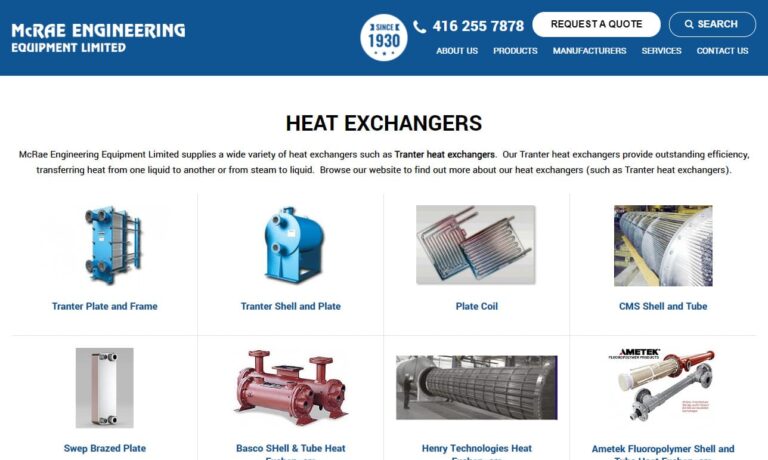
At Lone Star Thermal Engineering, we specialize in providing comprehensive solutions for heat exchangers tailored to meet the diverse needs of our valued clientele. With our expertise in the field of thermal engineering, we have established ourselves as a trusted leader known for our commitment to quality, innovation, and customer satisfaction. Our product portfolio encompasses a wide range of...
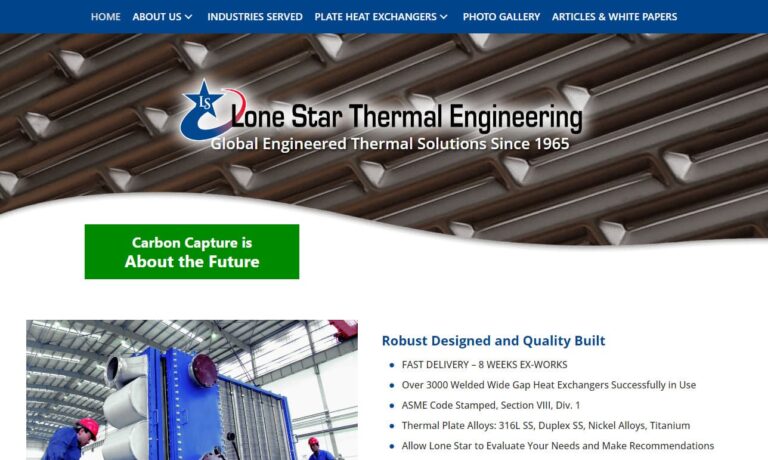
More Oil Cooler Manufacturers
What is an Oil Cooler?
Oil coolers are small radiators found in front of water-based radiator systems. Their primary purpose is to reduce the temperature of the vehicles while running; thus, the device works only while the vehicle is running.
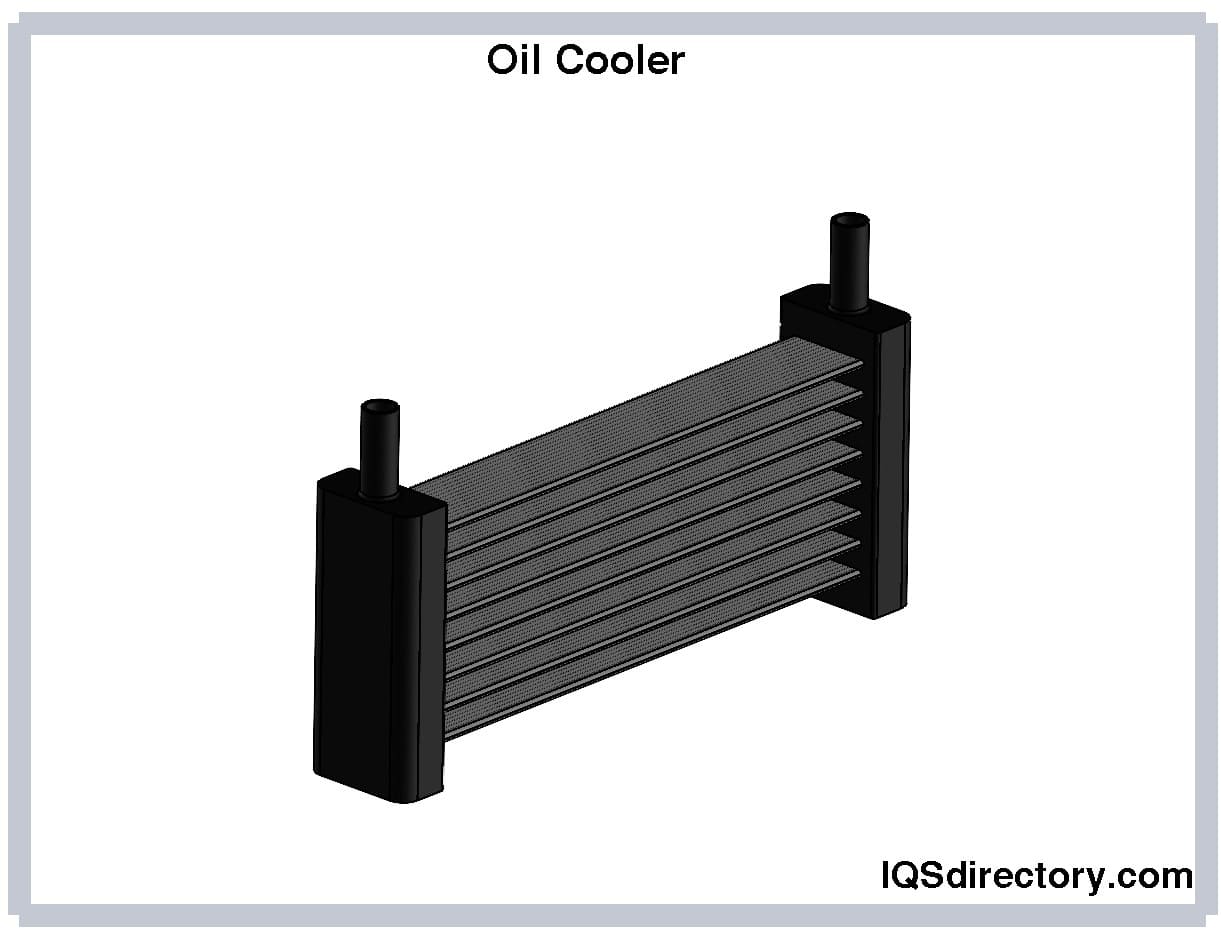
The cooled oil adds a lot of purpose to the high-stress transmission oil—engines with cooling fans quickly cool oil and water-based radiators, which is why they offer additional advantages.
Because an oil cooler functions as an additional cooling component, its application to air cooled engines will intensely reduce high temperatures. Therefore, the lifespan of the engine will be significantly increased. Heavier vehicles make good use of oil coolers, which help put more stress on the drive train.
Efficient cooling keeps hot engine oil operating at cool temperatures and decreases the chance of untimely breakdown.
Types of Oil Coolers
Engine oil coolers can be generally categorized into two types like oil to water and oil to air.
Oil to Water Coolers
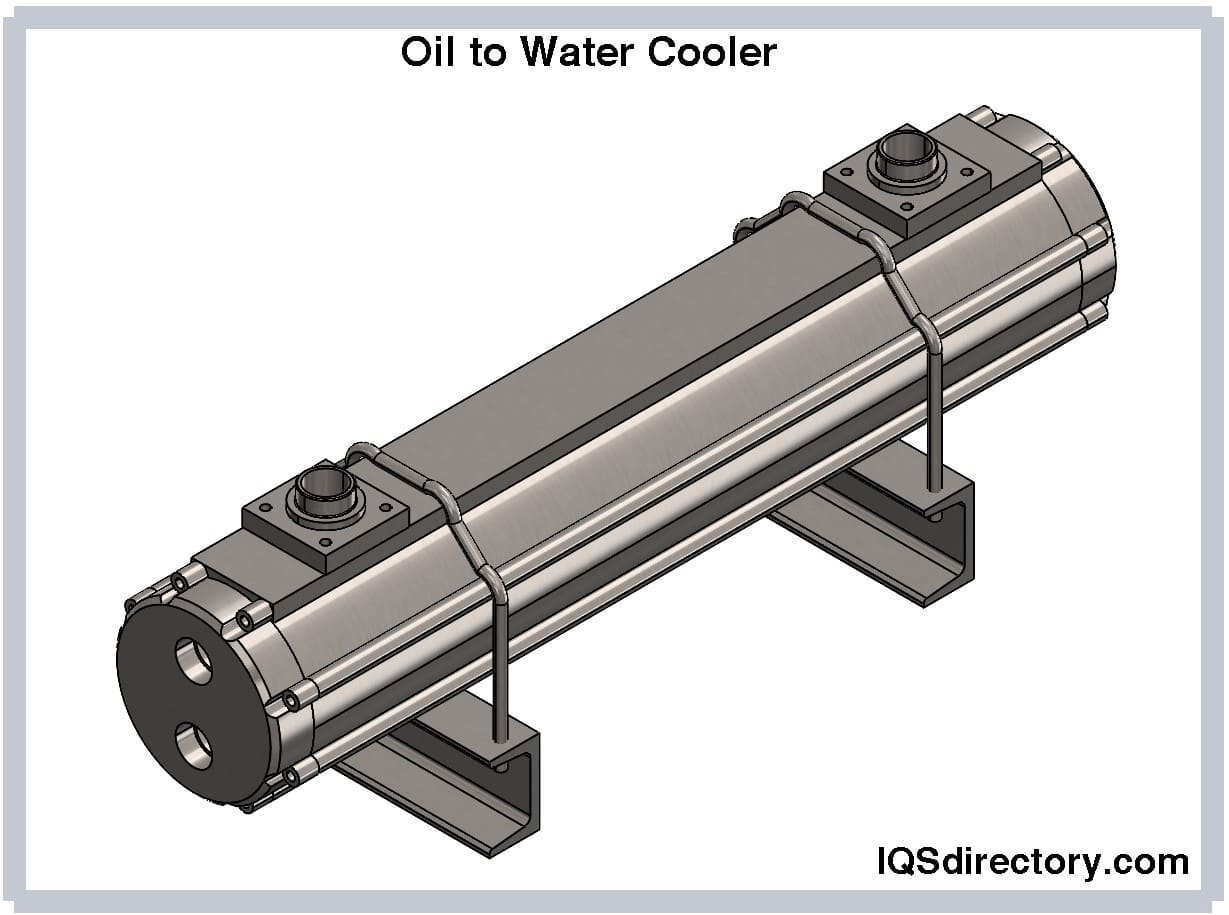
In oil to water coolers, the coolants pass through heat exchanger elements of some parts. Then, the coolant is activated by either adding heat energy to cold oil or taking heat energy from excess hot oil.
Oil to Air Coolers
These coolers are small radiators that activate the engine oil to cool directly with ambient air from the cooling fans. Most oil to air coolers operate using a thermostatic bypass valve, which stops engine oil from flowing through the cooler before reaching its required operating temperature.
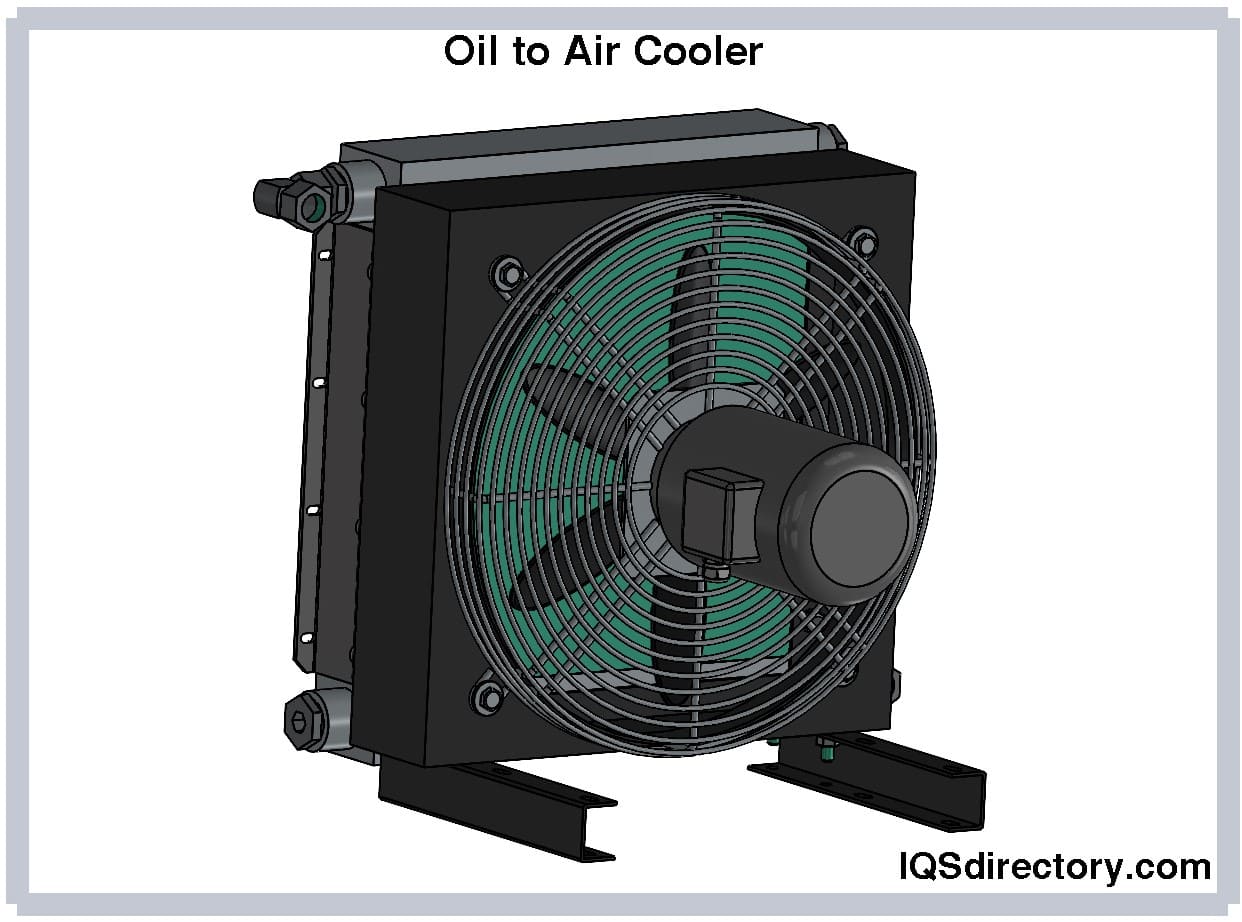
Types of engine coolers include basic tube and fin style, where oil flows through one or multiple coolers. Other types might have many cooling rows or a stacked plate type. Finally, some oil coolers are header style, where end tanks are constructed like radiators.
Working Principle of Oil Coolers
Oil to air coolers are generally mounted in the radiator’s front, though they have the same shape. This gives engine oil fast access to cold fresh air from the cooling fan. In many cases, oil flows from the engine as a “sandwich” adapter.
This adapter is placed between the engine block and an oil filter since it permits hot oil to pass through the filter. It then flows through the cooler before flowing back to the engine as a recurring process. Other sandwich adaptors are made with thermostatic bypass, which disables oil from flowing until it reaches a certain temperature.
An inline thermostat provides the same bypass operation. In vehicles without space for mounting at the radiator’s front, manufacturers offer coolers in other places in the engine.
Advantages of Oil Coolers
Below are the advantages of oil coolers in internal combustion engines:
- With a thermostat, an oil cooler cools down heated oil to an exact temperature.
- It ensures appropriate cooling of oil before passing it.
- The oil temperature is controlled in the oil to water cooler.
- Installation of an oil cooler is quite easy.
- Oil cooler improves the operation of an engine.
- It reduces the usage of a water cooling system which can corrode the engine.
- As oil significantly works as a coolant, additional coolant cylinders, radiators, and pumps are excluded from the engine design.
- Oil circulation is effective and controlled.
Disadvantages of Oil Coolers
Despite the advantages of oil coolers, some drawbacks still occur. Below are the drawbacks of the engine part:
- Oil can be flammable.
- Extra oil is needed to operate an oil cooler.
- Extra maintenance is required.
- Thermostat failure stops oil circulation, specifically if permanently locked.
- Over-cooling can happen if a valve stays open.
Oil Cooling Applications
Modern vehicles feature high-performance engines with hydraulic and transmission systems which utilize oil for cooling, cleaning, and lubrication purposes. The heat produced from these systems must be cooled for optimal functioning. Oil passing through these systems absorbs the heat and exchanges it with the ambient air. As the systems work under high pressure, an oil cooler must be robust for high working pressure.
Choosing the Right Oil Cooler Supplier
To ensure you have the most beneficial outcome when purchasing an oil cooler from an oil cooler supplier, it is important to compare several businesses using our directory of oil cooler suppliers. Each oil cooler supplier has a business profile page highlighting their areas of experience and capabilities, along with a contact form to directly communicate with the supplier for more information or request a quote. Review each oil cooler business website using our patented website previewer to quickly learn what each company specializes in. Then, use our simple RFQ form to contact multiple oil cooler companies with the same form.

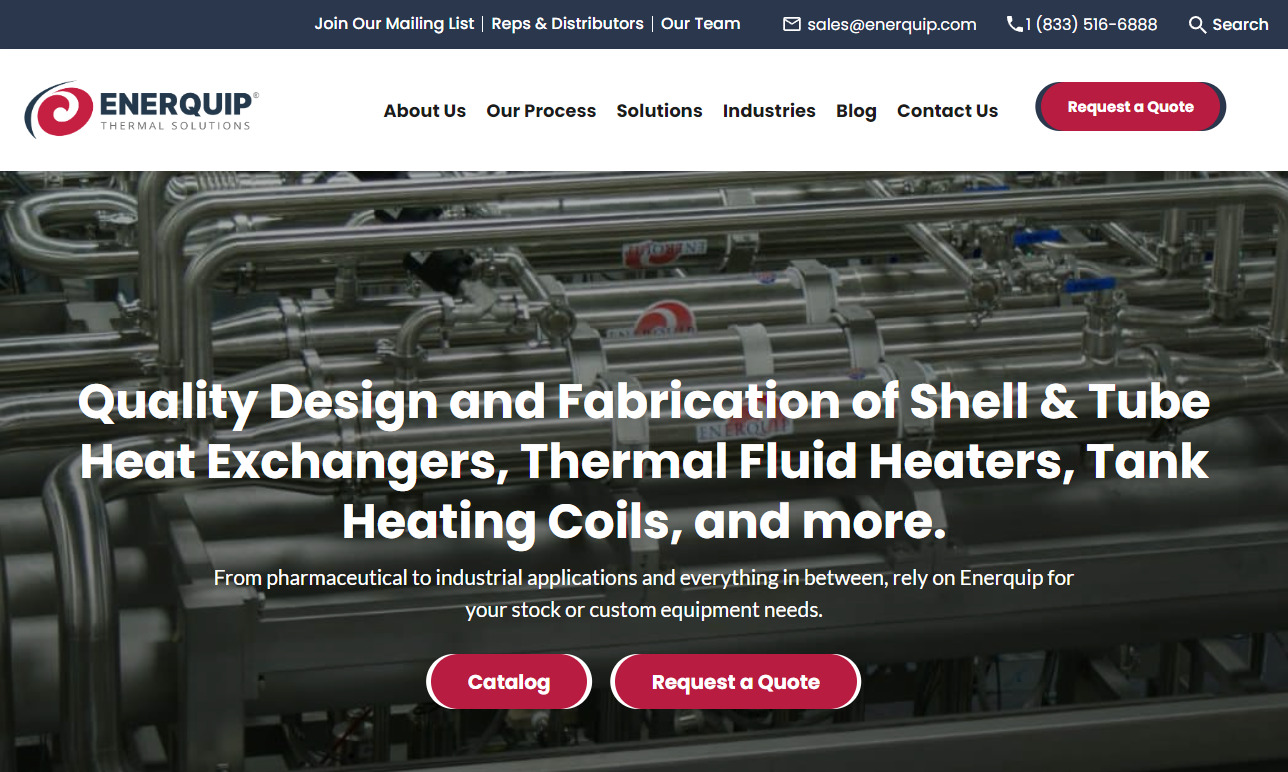
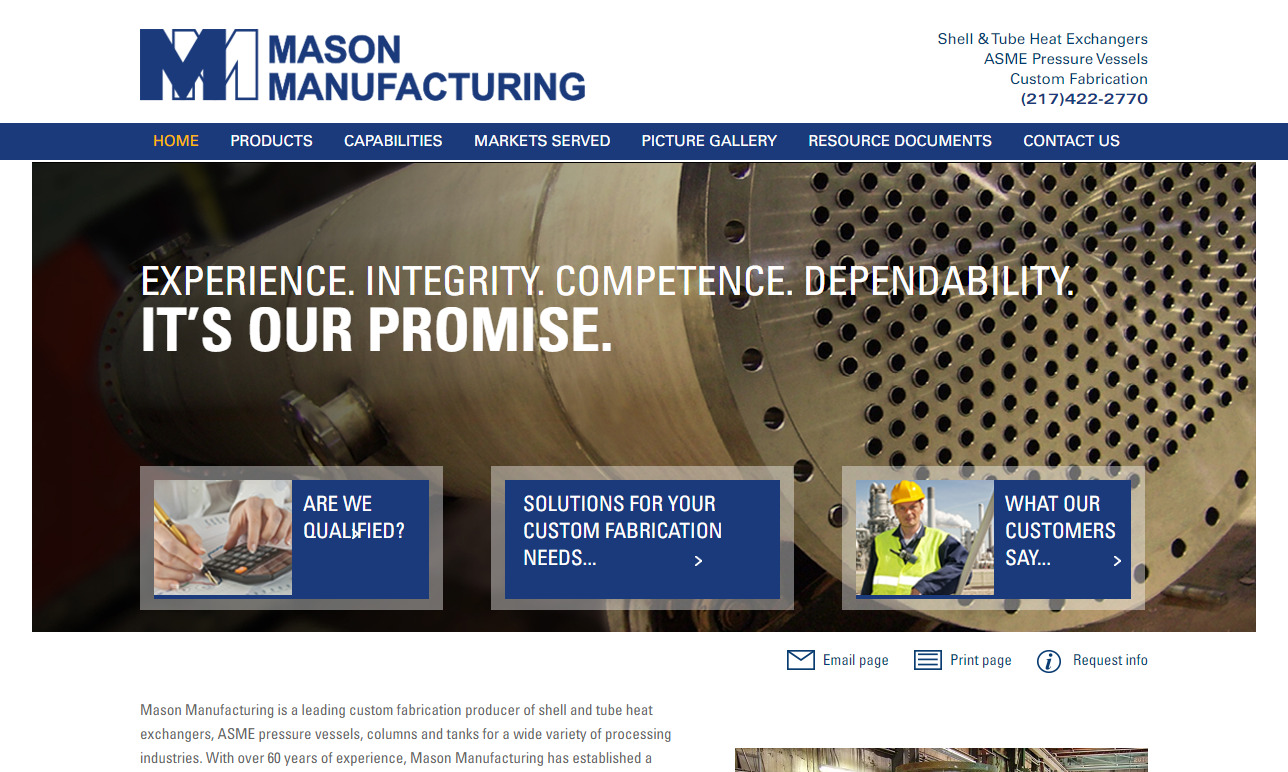
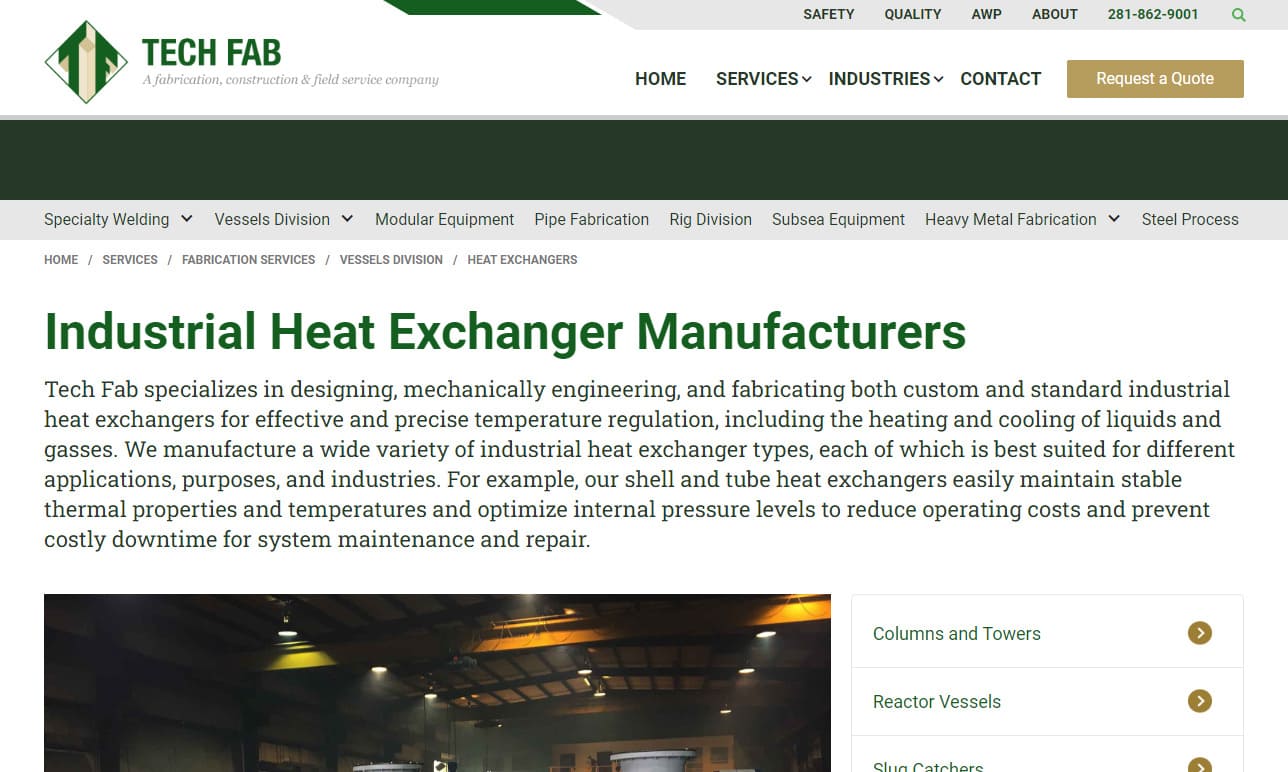

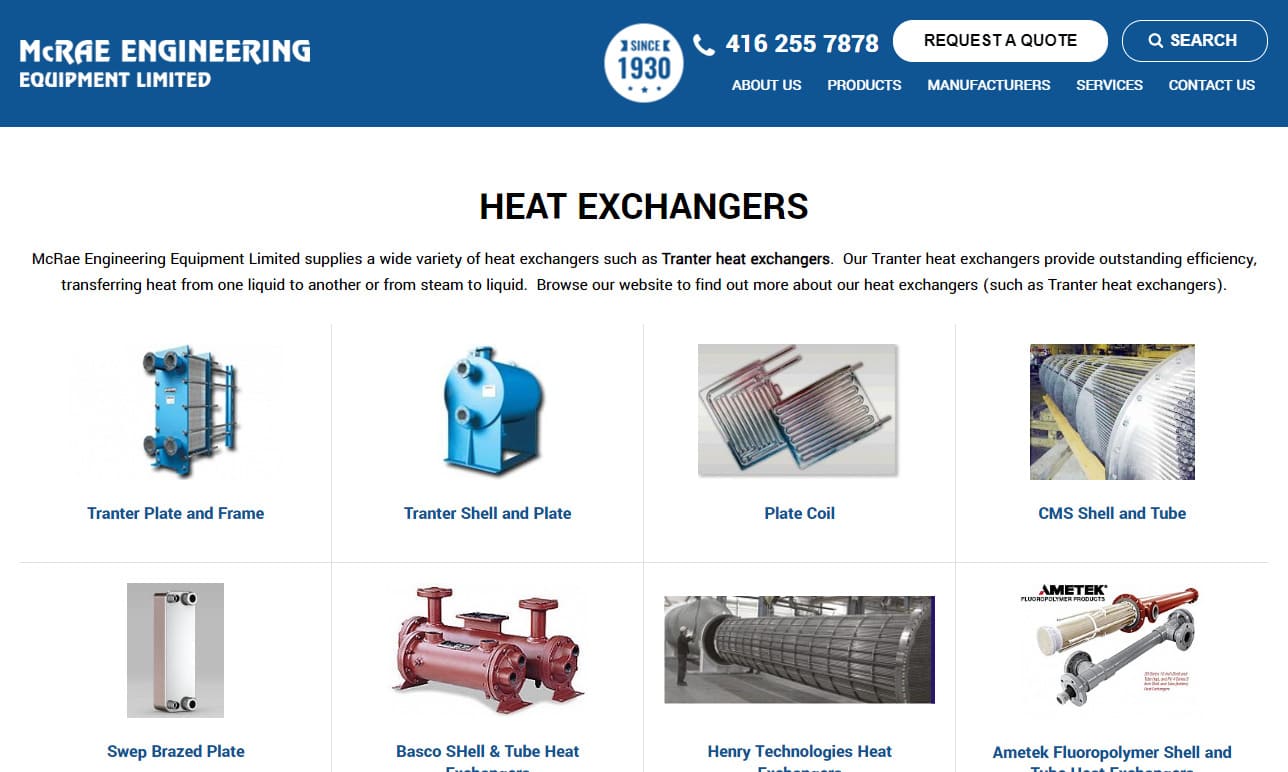
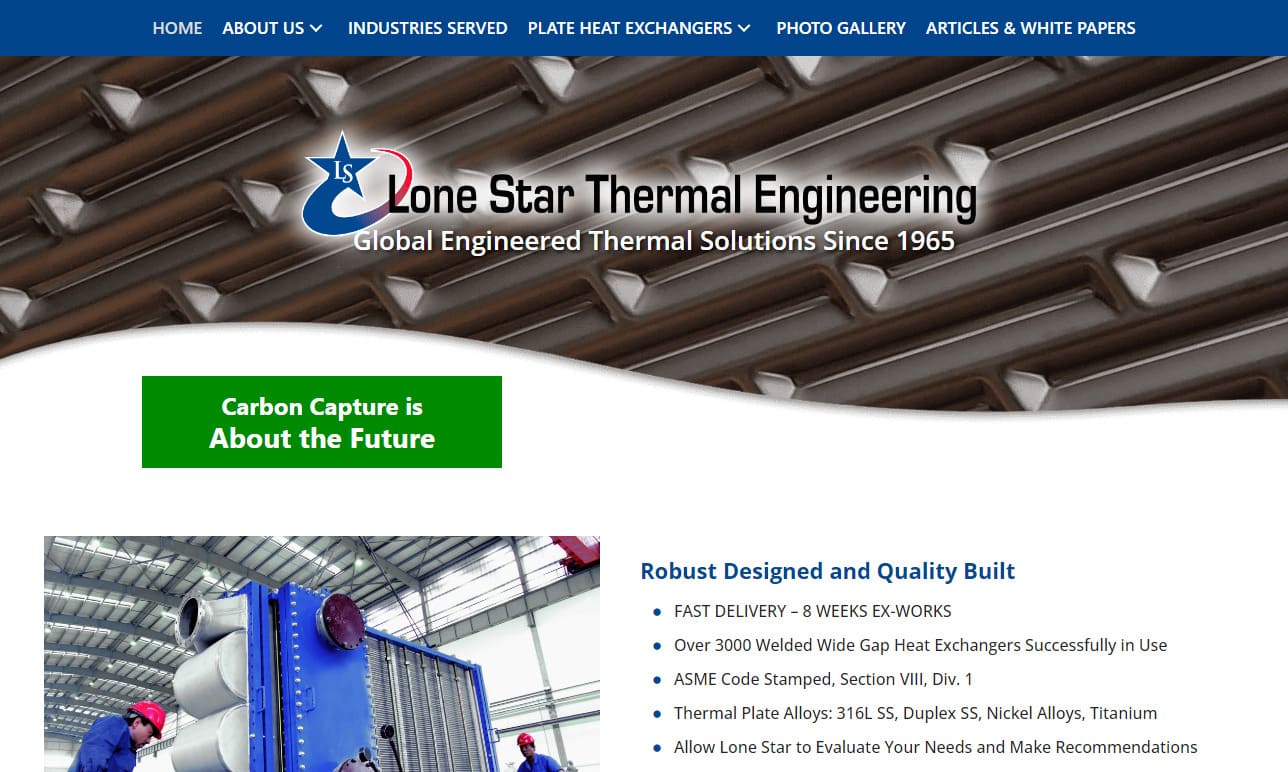
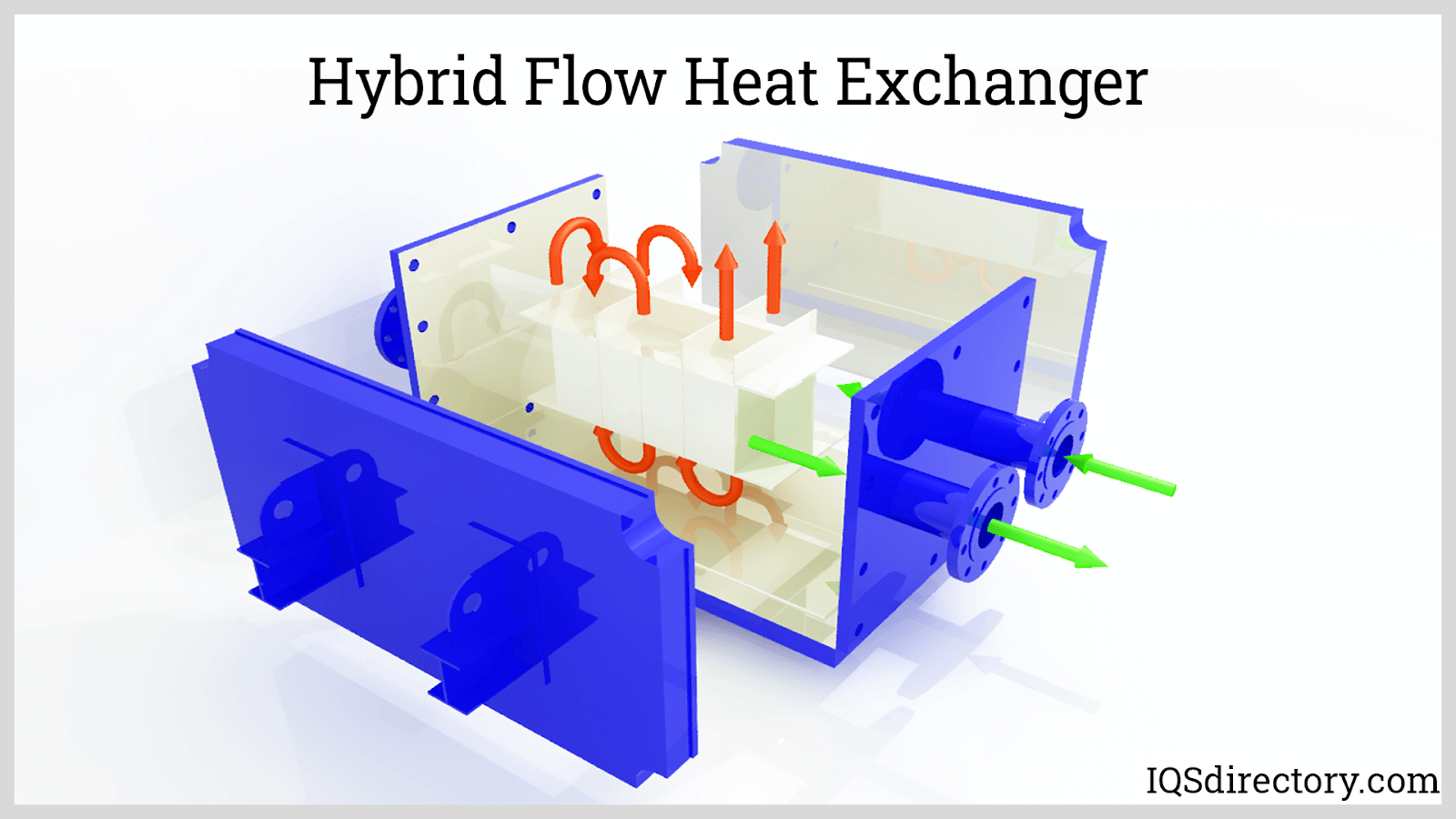
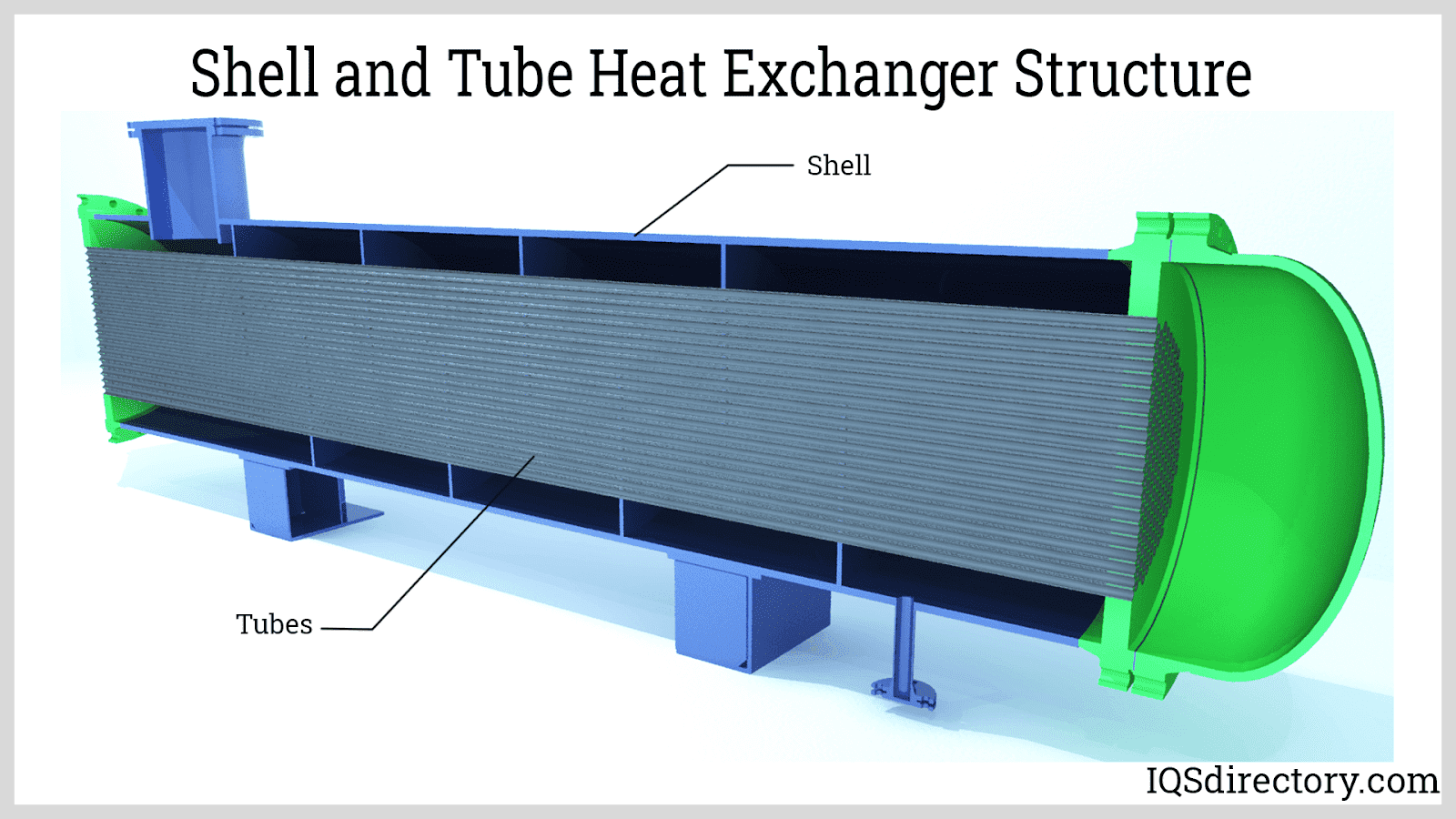
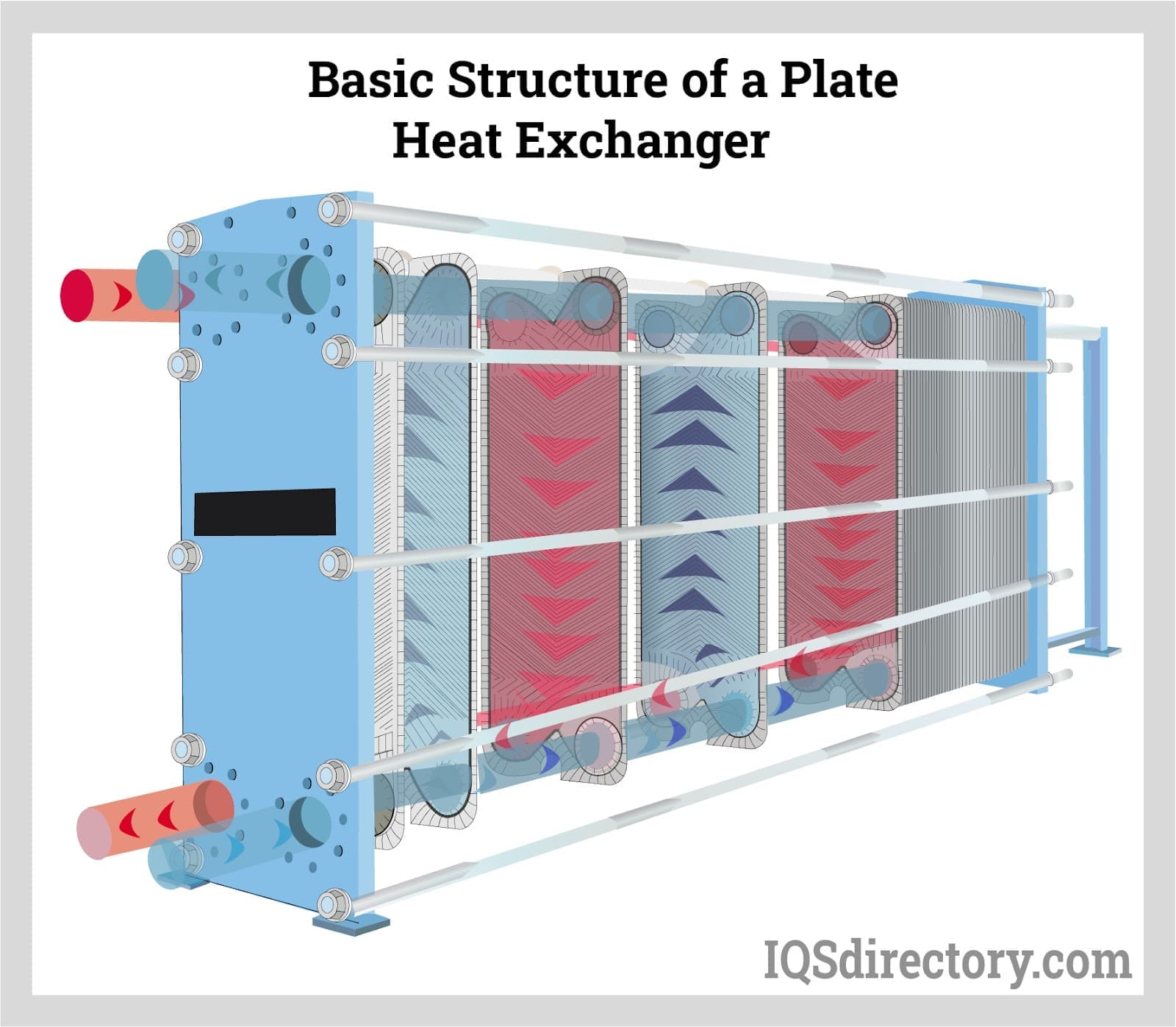
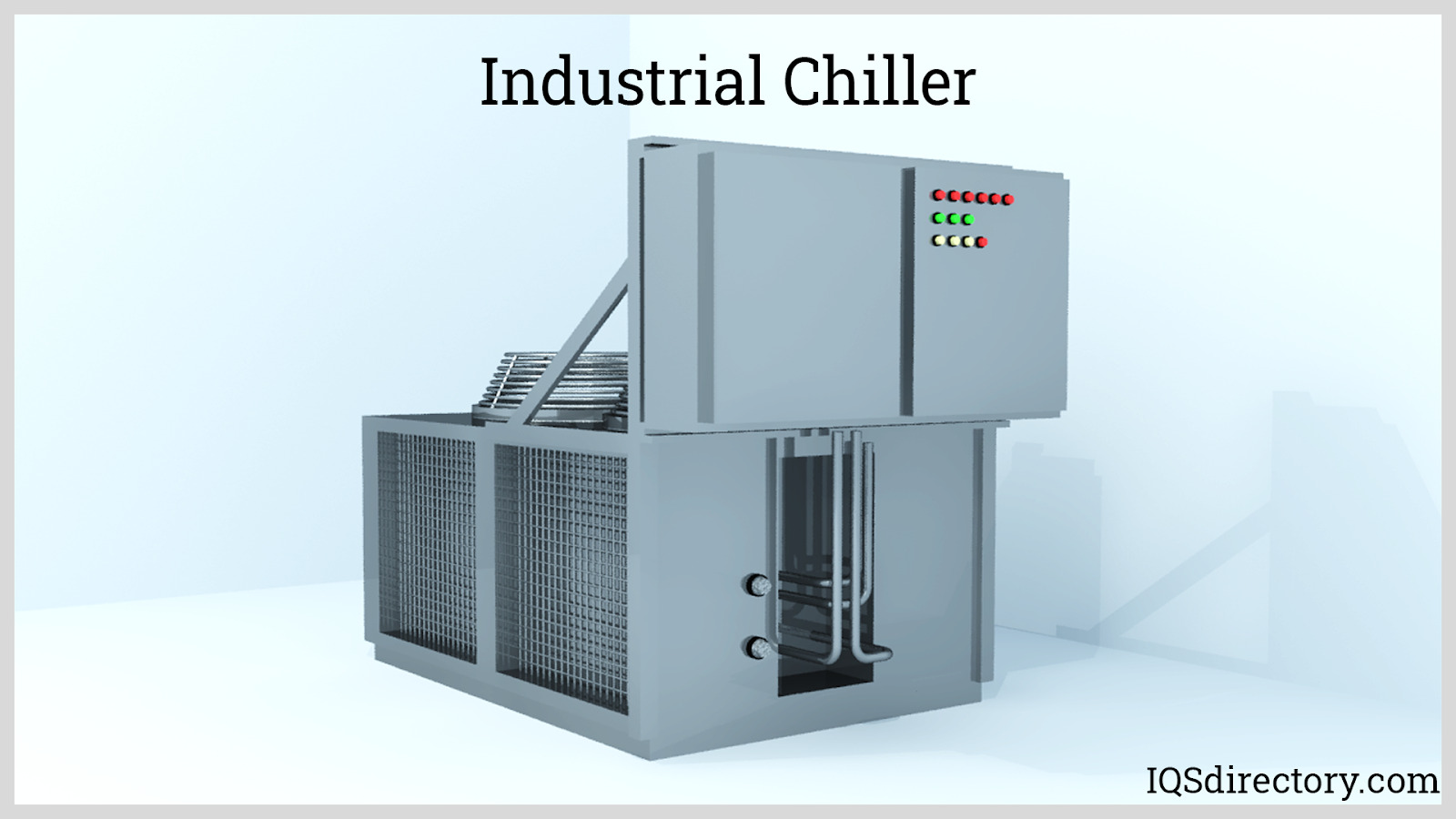
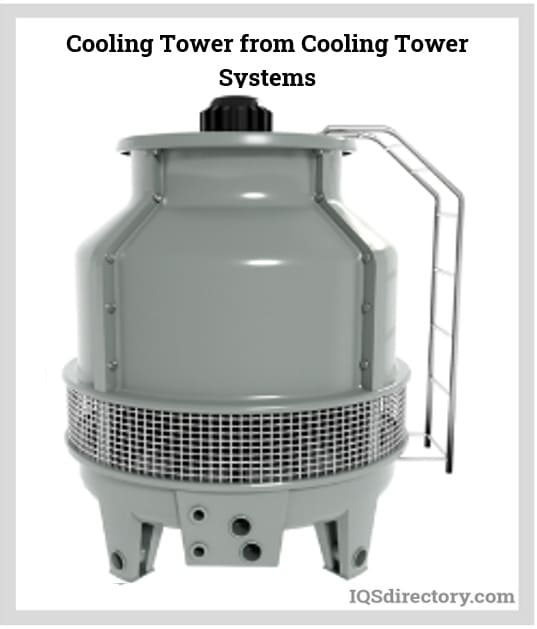
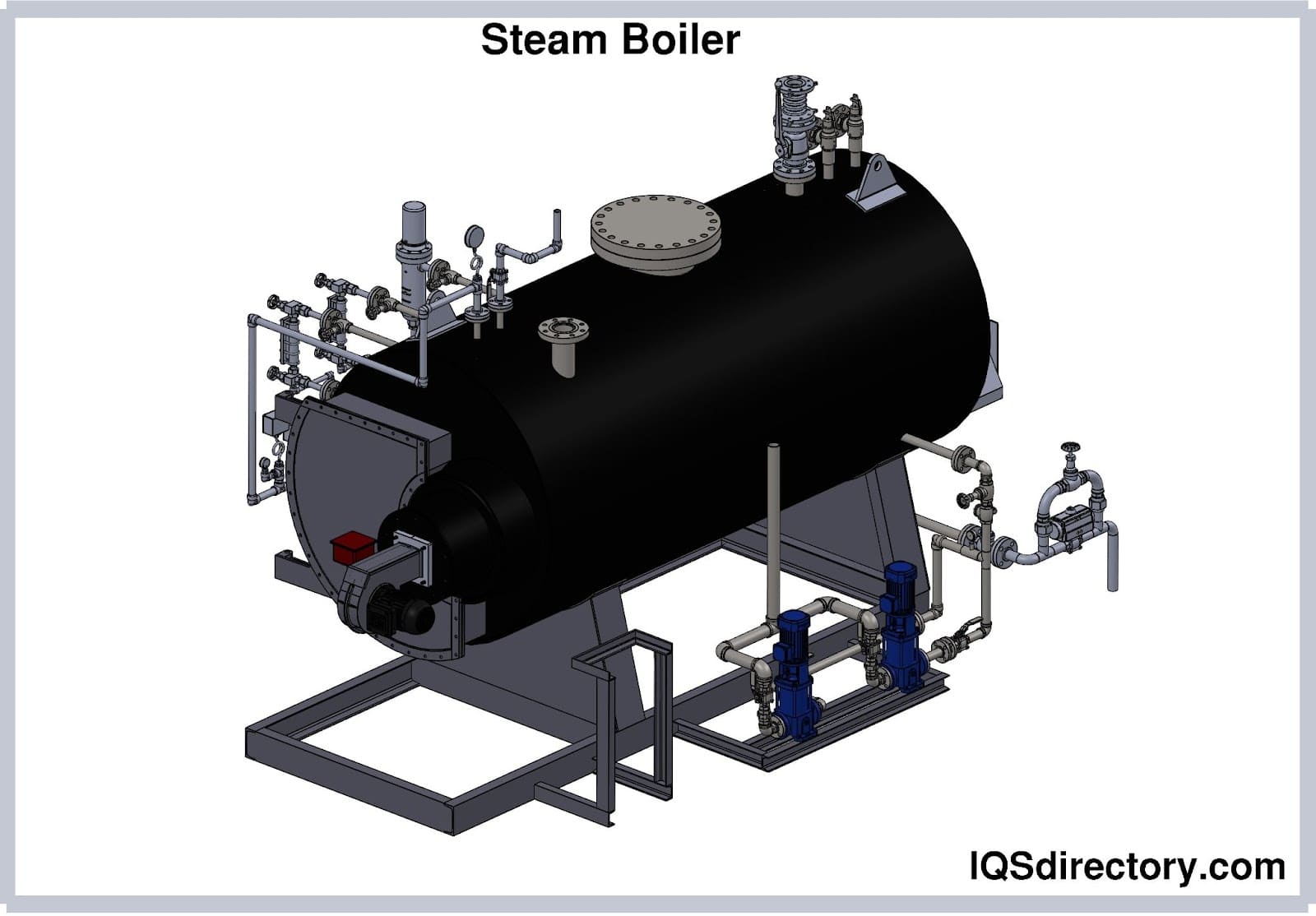
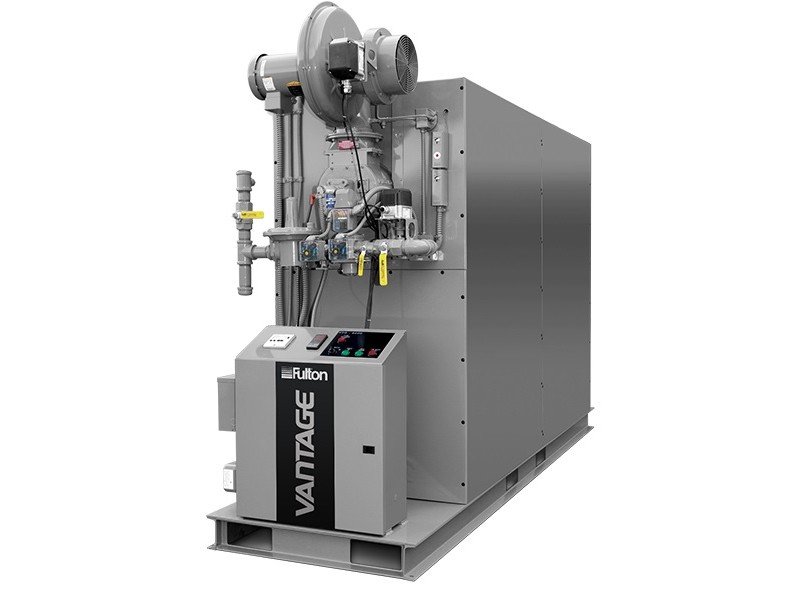 Boilers
Boilers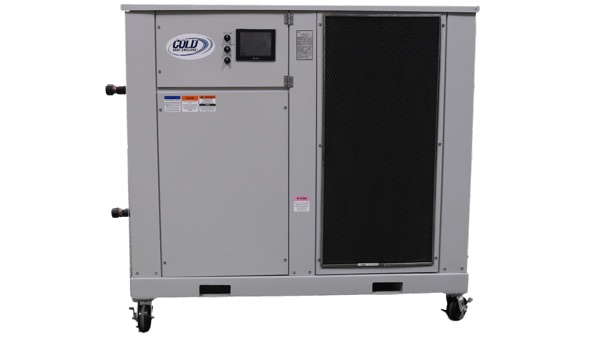 Chillers
Chillers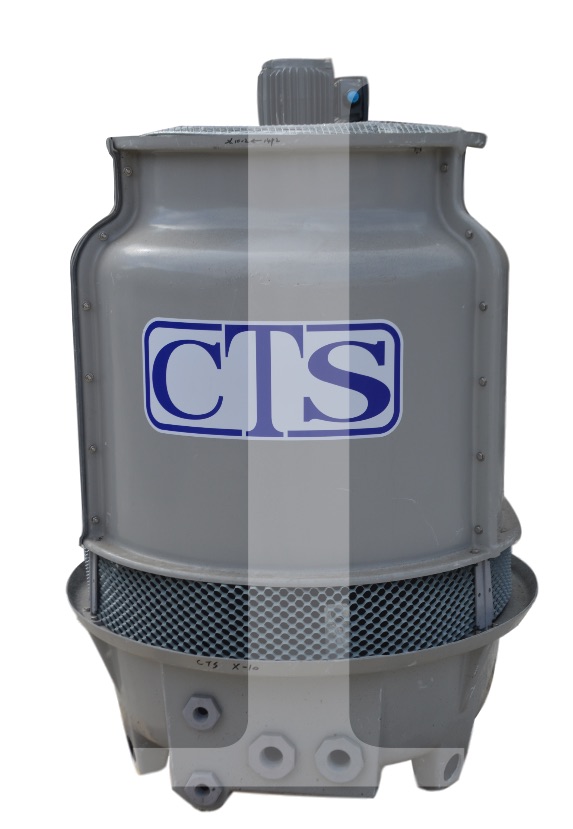 Cooling Towers
Cooling Towers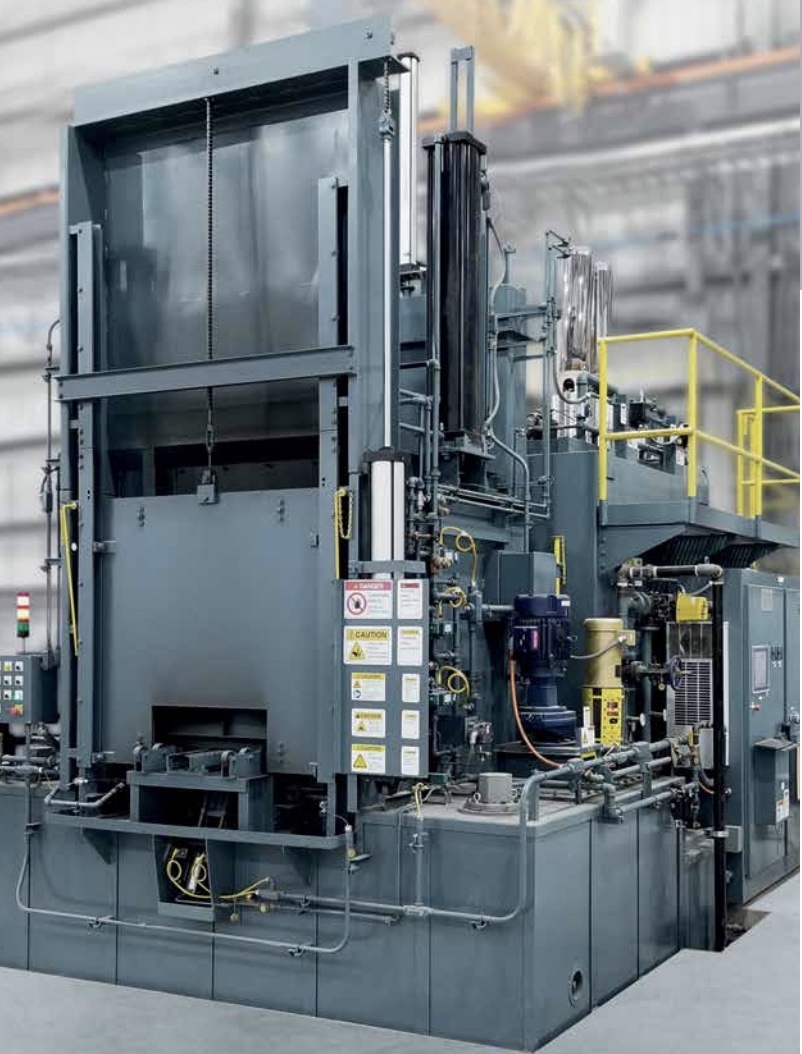 Furnaces
Furnaces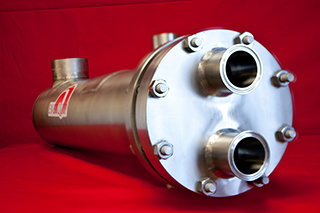 Heat Exchangers
Heat Exchangers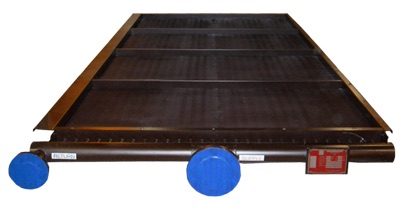 Heat Transfer Equipment
Heat Transfer Equipment Castings & Forgings
Castings & Forgings Bulk Material Handling
Bulk Material Handling Electrical & Electronic Components
Electrical & Electronic Components Flow Instrumentation
Flow Instrumentation Hardware
Hardware Material Handling Equipment
Material Handling Equipment Metal Cutting Services
Metal Cutting Services Metal Forming Services
Metal Forming Services Metal Suppliers
Metal Suppliers Motion Control Products
Motion Control Products Plant & Facility Equipment
Plant & Facility Equipment Plant & Facility Supplies
Plant & Facility Supplies Plastic Molding Processes
Plastic Molding Processes Pumps & Valves
Pumps & Valves Recycling Equipment
Recycling Equipment Rubber Products & Services
Rubber Products & Services